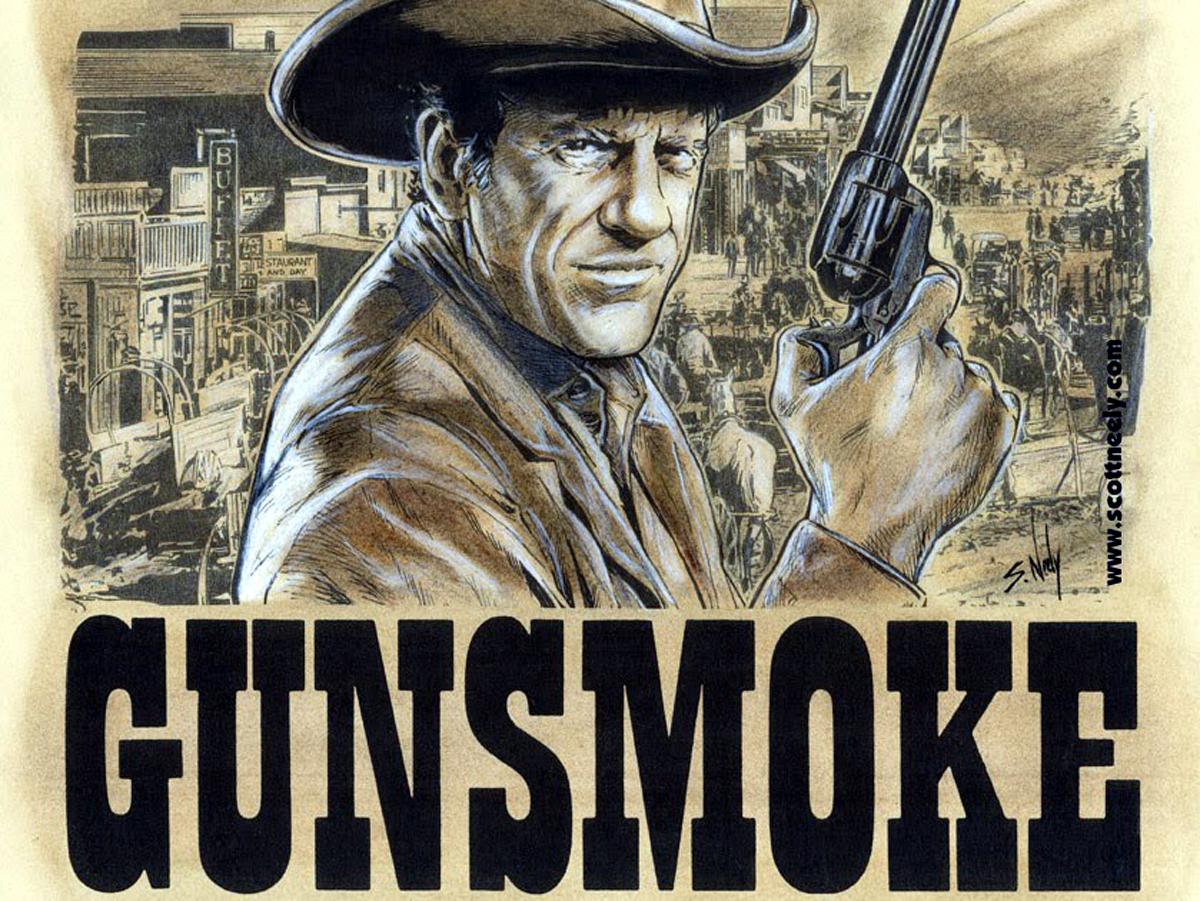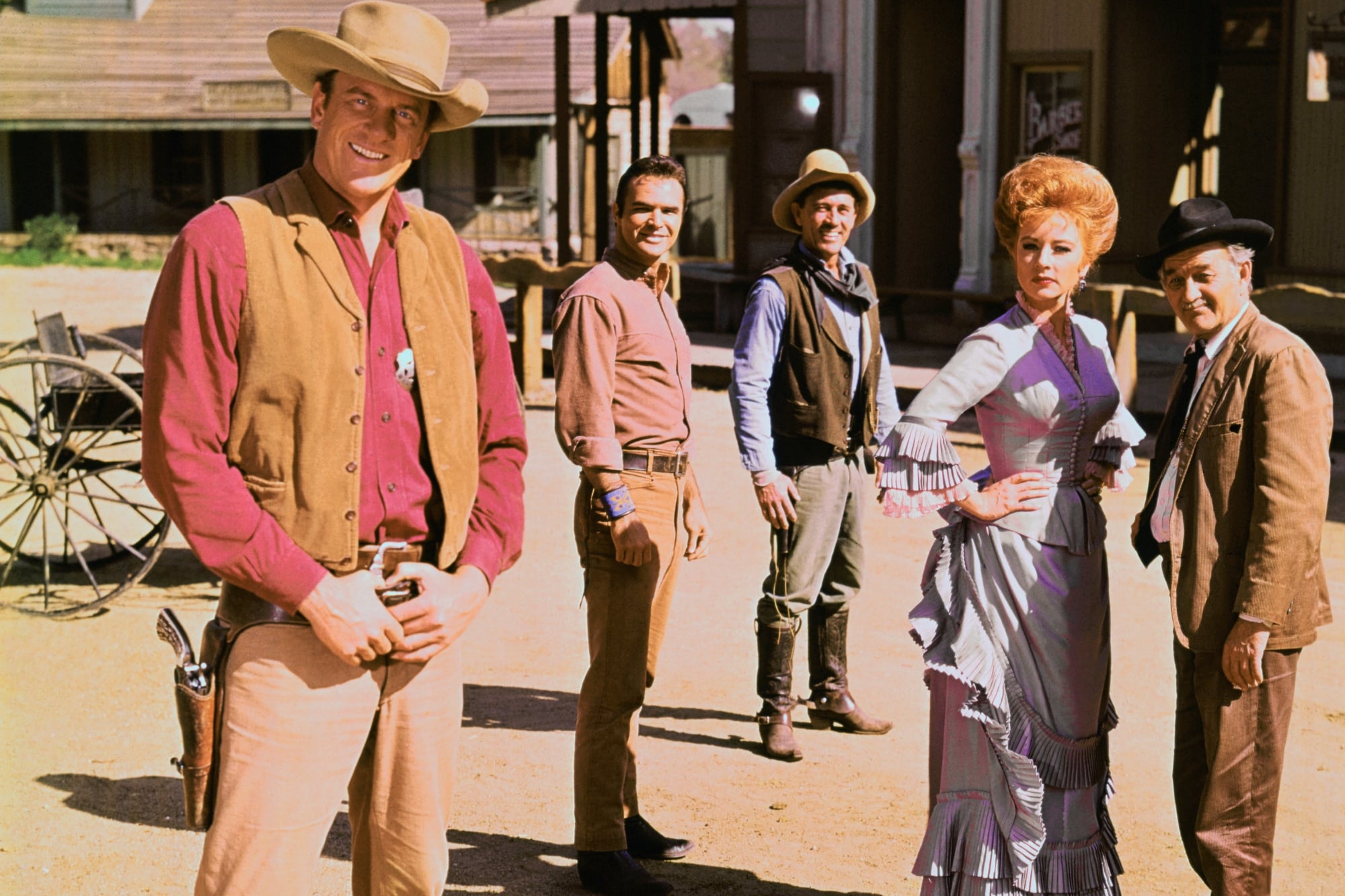Catawomper gunsmoke: the very phrase conjures images of the Wild West, a time of rugged individualism and evocative slang. But what does this unusual expression truly mean? This exploration delves into the historical context, linguistic structure, and potential interpretations of “catawomper gunsmoke,” uncovering its possible origins and analyzing its modern relevance. We’ll examine its use in hypothetical scenarios and explore its potential for creative expression in literature and art, revealing the layers of meaning embedded within this intriguing phrase.
Our investigation will trace the phrase’s potential roots, comparing it to similar idioms from its era and geographical location. We will analyze its morphology and semantics, dissect its component words, and consider its function within different grammatical structures. The journey will also encompass a review of its potential literary and artistic representations, both real and imagined, demonstrating how its unique sound and rhythm could inspire creative works.
Catawomper Gunsmoke: A Linguistic and Cultural Exploration
The phrase “catawomper gunsmoke” evokes a sense of the Wild West, conjuring images of sprawling landscapes, gunfights, and perhaps a touch of the surreal. While not a widely known idiom, its inherent strangeness makes it a fascinating subject for linguistic and cultural analysis. This exploration delves into the potential origins, interpretations, artistic representations, modern relevance, and linguistic structure of this unique phrase.
Historical Context of “Catawomper Gunsmoke”
Source: americanmemorylane.com
The precise origins of “catawomper gunsmoke” remain elusive, lacking definitive documentation in historical records or dictionaries. However, we can speculate based on the constituent words. “Gunsmoke,” referring to the smoke from a firearm, has a clear historical grounding in the American West, dating back to the 19th century. “Catawomper,” on the other hand, is a less common word, possibly of regional dialect origin.
It suggests something large, impressive, or perhaps chaotic. The phrase likely emerged from the American South or Southwest, regions known for their unique colloquialisms and colorful language. Similar phrases from the same era might include expressions emphasizing scale or intensity, such as “a whale of a time” or “a hell of a storm.” The meaning of “catawomper gunsmoke” likely contrasted with gentler idioms of the time, reflecting the violent realities of frontier life.
Interpretations of “Catawomper Gunsmoke”
The phrase can be interpreted literally and figuratively. Literally, it describes a large amount of gunsmoke, perhaps from a massive gunfight or a prolonged period of shooting. Figuratively, it could represent the overwhelming consequences of violence, the chaotic aftermath of conflict, or a dramatic and memorable event. The connotations depend heavily on context. For instance, in a thrilling Western novel, it might signify a climactic shootout.
In a more somber setting, it could represent the lingering impact of violence.
Consider this scenario: A weary sheriff, surveying the aftermath of a gang shootout in a dusty town, might mutter, “That was some catawomper gunsmoke, alright.” This usage perfectly captures the scale and intensity of the event.
| Word | Definition | Connotation | Example Sentence |
|---|---|---|---|
| Catawomper | Something large, impressive, or extraordinary | Awe, wonder, sometimes fear | “He told a catawomper of a tale about his adventures.” |
| Gunsmoke | Smoke from a firearm | Violence, danger, chaos | “The gunsmoke hung heavy in the air after the duel.” |
| Catawomper Gunsmoke | A large amount of gunsmoke, implying a significant event | Overwhelming violence, dramatic impact, memorable event | “The catawomper gunsmoke signaled the end of the siege.” |
Literary and Artistic Representations
While “catawomper gunsmoke” may not appear in established literature or film, its evocative nature lends itself to creative use. In a short story, it could symbolize the destructive power of unchecked ambition or the lingering trauma of war. A poem might use the phrase’s rhythm and alliteration to create a sense of urgency and chaos.
A painting inspired by the phrase might depict a chaotic scene: a swirling vortex of dark grey and brown gunsmoke, thick and textured, dominating the canvas. Patches of vibrant orange and yellow might represent the fiery muzzle flashes, contrasting sharply with the dark smoke. The composition could be dynamic and unsettling, reflecting the phrase’s inherent intensity.
In a song lyric, the phrase’s strong rhythm could be used to emphasize a powerful moment: “The catawomper gunsmoke filled the air, a symphony of death and despair.”
Modern Usage and Relevance, Catawomper gunsmoke
In modern contexts, “catawomper gunsmoke” could be used ironically or humorously to describe any overwhelming or chaotic situation. It might appear in online forums or social media posts to describe a particularly intense gaming session or a disastrous event. Younger generations might use it more playfully than older generations, who might associate it more directly with historical violence.
The phrase’s adaptability allows for reinterpretation across different cultures. While its origins are likely rooted in American Western culture, its core imagery of chaos and intensity resonates universally.
Linguistic Analysis of the Phrase
The phrase “catawomper gunsmoke” consists of two nouns: “catawomper,” an intensifier or descriptive adjective functioning as a noun, and “gunsmoke,” a compound noun. “Catawomper” is likely of folk etymology, perhaps blending elements of existing words to create a new one expressing magnitude. “Gunsmoke” is a straightforward compound noun, combining “gun” and “smoke.” The syntactic structure is simple, a noun phrase modifying another noun.
The phrase functions adjectivally within a sentence, e.g., “The catawomper gunsmoke obscured the battlefield.”
Last Point: Catawomper Gunsmoke
From its murky origins to its potential for modern reinterpretation, “catawomper gunsmoke” proves a fascinating linguistic puzzle. While its precise historical usage remains elusive, the phrase’s evocative power continues to resonate. Its ability to evoke vivid imagery and suggest a sense of wildness and unpredictability ensures its potential for continued use in creative writing, artistic expression, and even casual conversation.
The very ambiguity of the term allows for a rich tapestry of interpretations, making it a compelling subject for further linguistic exploration and creative endeavors.






